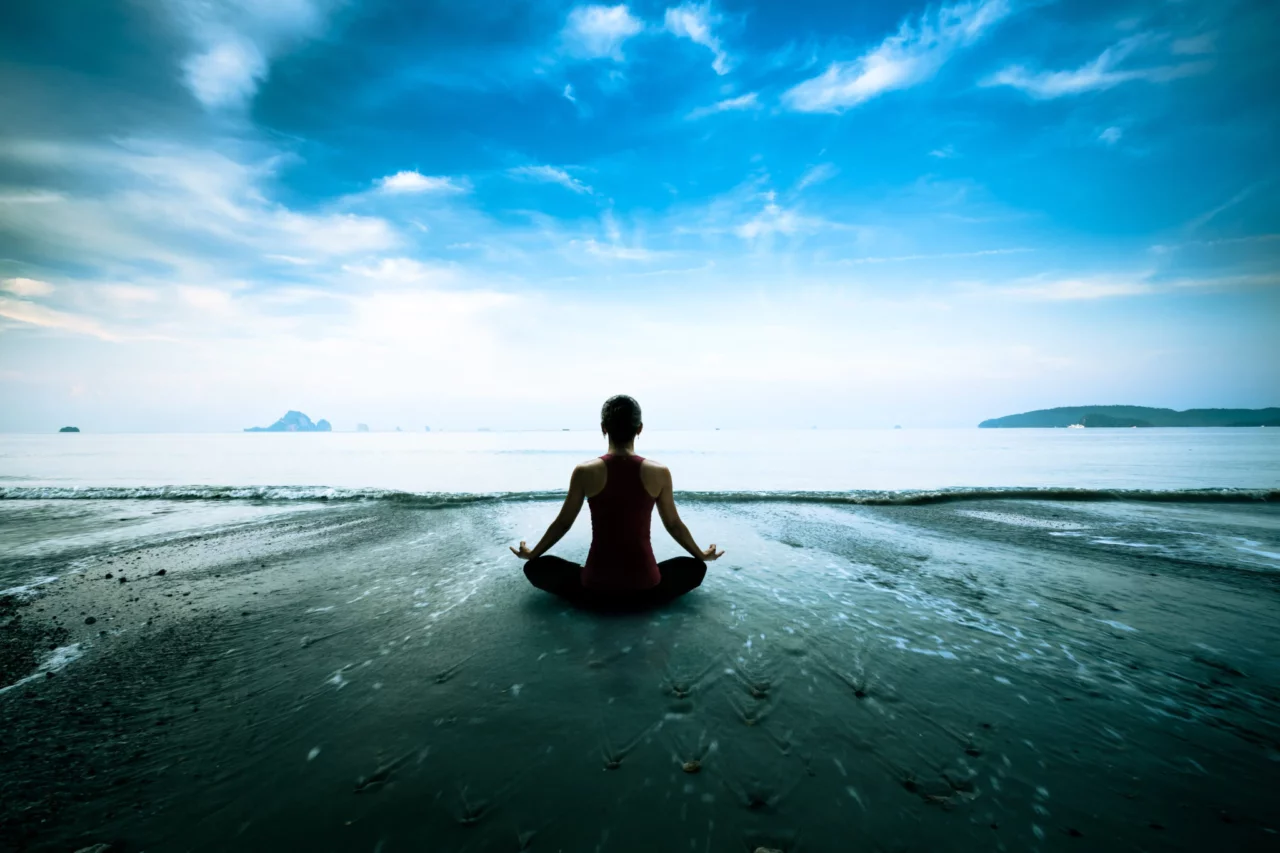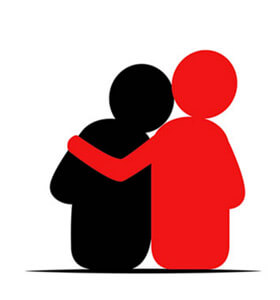Work Life Balance
Posted on May 27th, 2022
Work life Balance
“All work and no play makes Jack a dull boy”
Proverb
We’ve all heard the saying “all work and no play”, but rarely have we heard the ending of the phrase. Like many things in life, it’s important look at the full picture.
Reflecting on my personal life, I currently work full time as a psychologist, while also managing an art group for a local disability support organisation, while also attending rehearsals as a volunteer performer for local council productions. Balancing the needs of these three careers is tough, but so enjoyable. They each offer a unique experience for me, while allowing for personal and professional growth. The downside to this is I don’t have much spare time. Which brings in main focus of this blog post; work life balance.

Work Life Balance
Work Life Balance; It’s a phrase we hear a lot, and for a good reason. Having a good work life balance so important for our physical and mental well being, as it allows us to focus at work on the important tasks, while relaxing during our downtime. I referred to show rehearsals as a career previously, due to the time commitment required to perform, but this career has a second purpose. It’s a hobby; something I enjoy doing that keeps my brain active in a different way than work does. Due to the time commitment, it means I’ve had to make some sacrifices to allow for rehearsals and performances. And one of those “sacrifices” is using some of the spare time I have to relax. Just to sit and give my body a chance to rest.
Why ‘downtime’ is important – The Research

Research has shown that if we give ourselves a rest, or some “downtime” (i.e better work life balance), we give our brains and bodies a chance to ‘refuel’, increasing our focus, motivation, and productivity when we are required to do so. Whereas if we don’t give ourselves that break, the opposite happens. We become fatigued, lose motivation, and eventually become less productive as each day goes by.
With gym routines, it’s often encouraged to have a rest day, a day where you don’t do any strenuous exercise. It’s the same for our brains. Having a mental rest day in addition to having a physical rest day. A day where we don’t do anything that requires a lot of thinking or anything to strenuous, gives our bodies that chance to recover. It doesn’t have to be a full day either, it could be 15 minutes every afternoon where you sit and read a book or take the dog for a walk. As long as you’re taking the time to let your brain, and body, rest and recover.
Things to help with work life balance:
- Leaving work at work
- Sometimes this is hard, but by putting this boundary in place, it reinforces for you that your home time is for you
- This can be achieved by not having work emails go to your phone, intentionally leaving your work computer at work
- Finding a hobby that you enjoy
- This can be anything that you enjoy, whether its walking, reading, marital arts, or performing.
- Hobbies come in many shapes or forms, including social hobbies (card games, movie nights, dinner nights), creative hobbies (drawing, photography, scrapbooking), and enrichment hobbies (blogging, language studies, reading)

Stay awesome,
Ryan Cooke, Provisional Psychologist
Further readings:
Websites:
- “Taking a mental health day can have many benefits” (https://www.suicidecallbackservice.org.au/mental-health)
- “The benefits of taking a mental health day” (https://www.mcleanhospital.org/essential/benefits-taking-mental-health-day)
- “Why you should never hesitate to take a mental health day” (https://www.healthline.com/health/mental-health/how-to-take-a-mental-health-day)
- “How hobbies improve your mental health” (https://extension.usu.edu/mentalhealth/articles/how-hobbies-improve-mental-health)
- “Why hobbies are good for your mental health” (https://7summitpathways.com/blog/hobbies-and-mental-health/)

